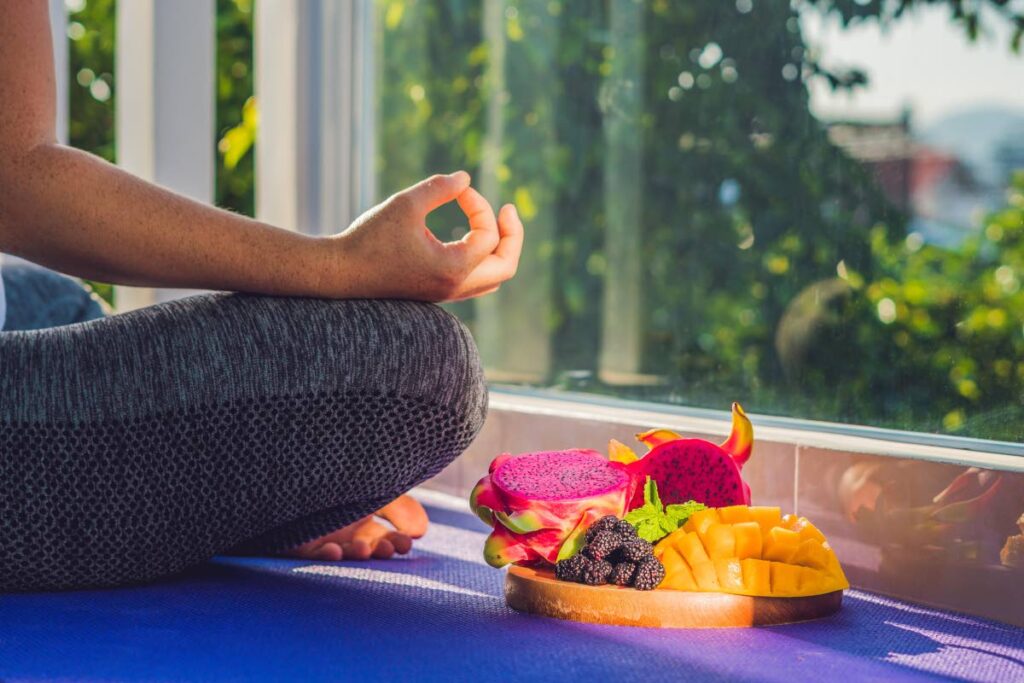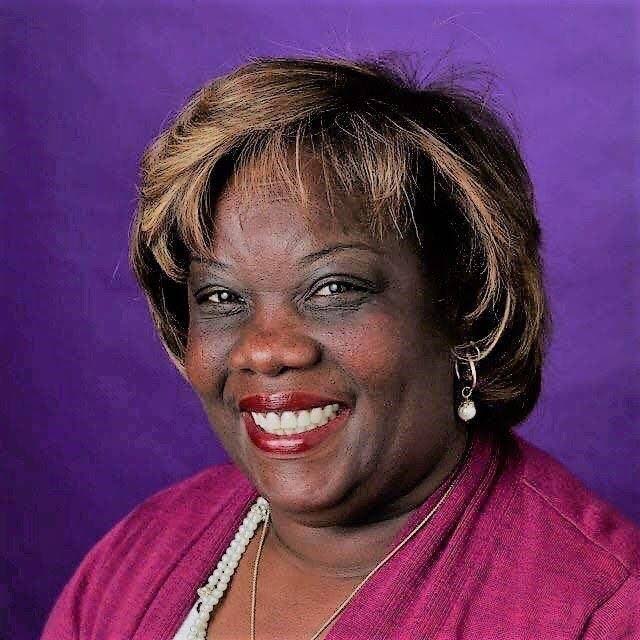How to navigate uncertainty, find promise in 2022

The start of a new year is usually filled with hope and great expectations. It’s a time when people make grand resolutions and map out plans to accomplish their goals. But for the past two years the feeling of uncertainty stemming from the covid19 pandemic has put a damper on the aspirations of many people. The uncertainty of job and food security, the pulling and tugging surrounding the re-opening of physical schools, and the doubts regarding life in general have left a question mark over the potential of a promising 2022.
“When you hear the word uncertainty, emotions like fear, anxiety, confusion, and feeling overwhelmed usually surface. These emotions prevent us from thinking clearly at a time when we need to be thinking clearly,” emotional and conversational intelligence coach, Judy Joseph Mc Sween told Sunday Newsday.
But, she said, with the right process and application, it is possible to successfully manage and navigate through the uncertainty that is 2022.
“I call all my programmes ‘time out’ programmes and I refer to myself as a time out specialist…As a certified emotional intelligence coach I help people understand how to use and manage their own emotions in positive ways – one of the critical elements of managing through uncertainty. As a certified conversational intelligence coach I help people recognise the impact how they phrase their words can have on other people.”
Joseph Mc Sween formally stepped away from corporate life in 2010, to do what she had been doing on a part time basis since 2002 – coaching, workshops and retreats for individuals and corporate Trinidad and Tobago.

“I now experience corporate life vicariously through my clients. I don’t think it would have allowed me to be my best self and tap into all the talents that I have.
She said the first step in the navigation process is to be “fully present in the moment” by being fully aware of what is happening around us. A good way to accomplish this is through meditation.
“I've been meditating for a number of years, and I meditate from the Christian dimension so it is considered a form of prayer. I sit in silence twice a day for a minimum for 20 minutes. Over the years I’ve learned that it's not so much about the silence, but it's more about the discipline of making the time for the silence.
"Once I do that every day I find myself very grounded, very centred, very peaceful, less anxious, so when things are unfolding that could be upsetting I use the opportunity to just pause in the moment before I respond. And that practice is so critical to the outcome of how you manage that uncertainty.”
This, she said, also helps form a connection to the inner self, free from distractions and she recommends it to everyone.

“For those who are familiar with it, intensify it. For those who are vaguely familiar with it, start developing that practice more regularly. For those who have not touched it at all, pause and start developing it.”
Another useful tool, she said, is to realise that there is something bigger than us – by whatever name we choose to call it. “I think it's important for each and every one of us to realise that we don't control everything, and when we attempt to control things and we realise we can’t it leads to stress.”
She said many times people get into conflicts over religion, but when it comes to spirituality there is that commonality among all religions and even people who do not believe in God in any form.
“Even atheists acknowledge the importance of spending time in silence and reflecting on what's working for them and what's not working. The important thing is to identify what you may need to do more of, what you need to stop doing, what you need to start doing.”
Writing down feelings has always been used as a destressing tool, and Joseph Mc Sween said actually talking to someone about how you feel can be just as effective.
“The act of sharing is a release.”
She said that emotion that feels like it is closing in on you turns into awareness and connection when you find out that you are not alone in your situation.

“There's a release that comes when you hear that somebody else feels just like you feel, or is going through something similar to your experience…We cannot underestimate the importance of us sharing – the anxieties, the fears, and of course the joy. When you share you reveal, ‘I felt like that and this is how I dealt with it.” It doesn't necessarily mean that someone else has to deal with it in the same way, but it gives the person this sense of hope.”
Joseph Mc Sween said it is also very important to acknowledge and be very clear about the things that prevent us from experiencing happiness and success. She said sometimes people have a way of dancing around obstacles in order not to face them, whether it involves money, relationships, careers etc.
“We need to go deeper and acknowledge that this thing is not working in the best interests of my emotional state…A few years ago it suddenly dawned on me that I have the ability to choose whether I'm happy or not and I decided I want to be happy for the rest of my life.
"I encourage people to ask ‘what is the impact this is having on me in the moment? Is it a positive or negative? If it's negative then I need to do something different. If it's positive it’s fine,” because a positive outlook even amid uncertainty can have a positive ripple effect.
She said how people respond when they are placed in stressful situations can set the stage for the reaction of others who look to them for guidance. Begin 2022, she said, with a positive outlook by focusing on the things that can be controlled.
“By now we know all the precautions that that are required of us – wash hands, sanitise, wear masks, social distance – and following these precautions can bring us a level of stability,” because those are things that we can control. And because there are other things that are happening besides covid19, Joseph Mc Sween said changing the conversation and the tone of the conversation can also be very useful in the navigation process.
“There is more to life than covid19. You know they say what you focus on grows.”
She said it has grown so out of hand that the covid conversations are taking some people down a dark hole.
“You know that type who nothing pleases? The type that said, ‘Oh my gosh we have covid, we need to get vaccinations.’ When the vaccines came, it’s now, ‘Will these vaccines work or will they kill me?’
"Be conscious of which lens you view what is unfolding. Ask yourself if you’re viewing things through a lens of gratitude or through that dark lens that takes you into clearly identifying what's not working now. The latter is not a bad lens if you take it into another lens, which is ‘what can I do to change it? What is within my control to change it?’
"But if it is you have no control and you're continually looking through that dark lens then you're going into a dark pool…WhatsApp comes with a mute feature and I make good use of it. I use the app to engage people but I also know how to use it disengage.”
And while the pandemic has seen an increase in caregivers – physical, emotional, mental, financial – Joseph Mc Sween said we don’t always have to be givers, because even super heroes need to remove their capes and rest too.
“We must learn to receive care too and accept it graciously. It’s okay to allow other people to take the lead sometimes, because sometimes managing means letting go.”

Comments
"How to navigate uncertainty, find promise in 2022"